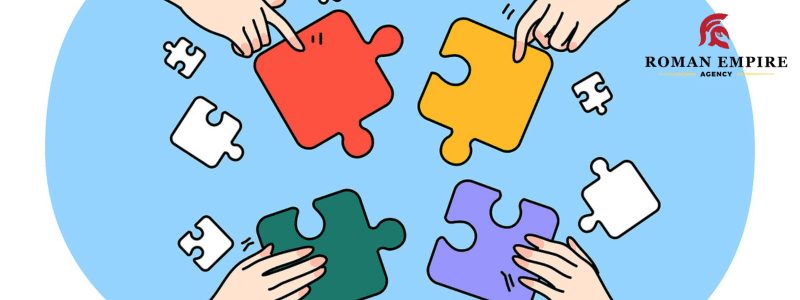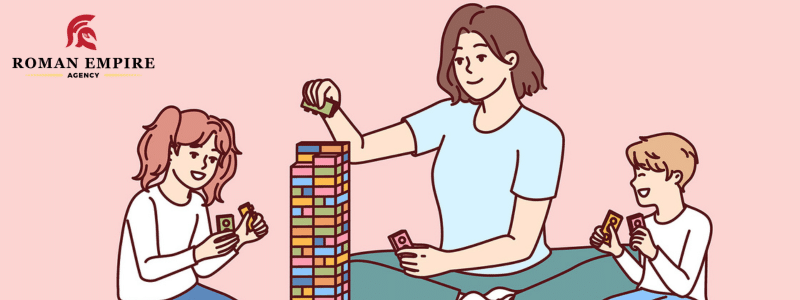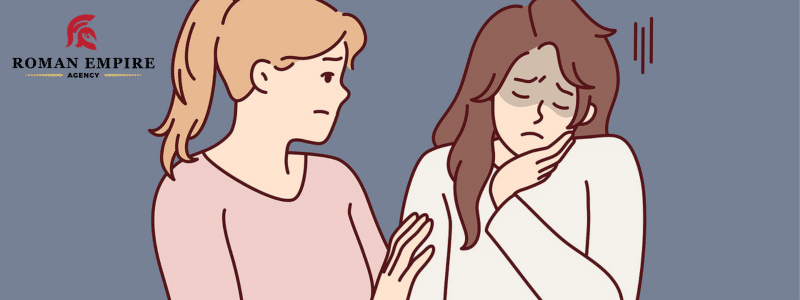
It’s important to know how to care for your loved one in and around the home.
In this blog, we will discuss:
- How can I treat someone with autism at home?
- What activities can I do at home for someone with autism?
- What happens if autism goes untreated?
- What is the most effective treatment for autism?
How Can I Treat Someone With Autism at Home?
Adequately caring for your loved one with autism is doable, not only with the help of specialists but with your efforts from the home front. With many options for risk-free therapy at home, you can practice positive reinforcement, patience, and life skills. Listed below are the most popular at-home therapy strategies:
- Play therapy. By playing with your child, you can expand their social communication skills. Playtime activities include blowing bubbles, chasing each other, swinging, sliding, or (eventually) playing “pretend.”
- Speech therapy. Speech can be a challenging aspect of autism, so parents can conduct their own at-home speech therapy by emphasizing words, expanding on their child’s ideas, and acknowledging their attempts at communication.
- Floortime. Floortime follows the child’s lead during playtime for at least 20 minutes. By joining their play, you can also include family members, such as siblings, to get involved.
- Parent-child interaction therapy (PCIT). By setting clear boundaries and “expectations,” parents are firm with their children to progress or redirect aggressive tendencies. This can significantly improve behavior.
- Applied behavior analysis (ABA). Typically, professionals are the ones who are trained to implement ABA therapy. But with a quick online certification or the borrowing of simple skills, parents can apply ABA at home. After choosing a skill and working through it step by step, parents can teach and reward their child throughout the process.
What Activities Can I Do at Home for Someone With Autism?

Alongside the above-listed therapies, activities are an easy way to care for people with autism at home. Included in this are reading and mind games. Reading or storytelling can increase speech and language skills and create a sense of connection between you and your child.
Games like sudoku, word puzzles, crosswords, board games, Rubik’s cubes, or virtual games are beneficial. They increase necessary skills in identifying objects, recognizing patterns, and language development. Games can also improve motor skills, getting them moving and working with their hands.
Additionally, you can implement sensory activities such as playing with playdoh or mud, making slime, and fingerpainting. These activities will introduce new textures, temperatures, smells, sounds, tastes, and scents- which will help autistic children become more familiar and comfortable with their unknown surroundings.
Relationship Development Intervention (RDI)
One of the most recommended at-home therapy methods is Relationship Development Intervention (RDI). With the parental implementation of activities, your child can build their social communication skills.
These skills will increase their ability to be flexible and to be engaged in social settings. Out of the 68 activities recommended by RDI Connect, below are just a few examples:
- Playing with a ball
- Moving heavy objects
- Shopping
- Pillow fighting
- Bed making
- Looking at photos
- Playing hide and seek
- Video narrating
- Making sand castles
- Water balloon throwing
Building confidence in new skills can create a more fulfilling life and will make the outside world seem less overwhelming.
What Happens if Autism Goes Untreated?

It’s never too late to start treatment if you haven’t yet begun, but starting as soon as possible after diagnosis is essential. If autism goes untreated, individuals can lose independence and life skills as they grow into adulthood.
As behavior and communication therapies help teach necessary social skills like language, eye contact, social awareness, and impulse control, it’s crucial to implement this from a young age so symptoms don’t worsen.
Equipping people with the necessary skills and coping strategies can help control symptoms of autism over time and give them more control.
What is the Most Effective Treatment for Autism?
Behavior-based treatments have been proven to be the most effective forms of autism treatment. ABA, or applied behavior analysis, has been regarded as the “golden standard” for autism treatments- as it has the highest success rate.
ABA therapy works to drastically improve social skills, good behavior, and language proficiency. It’s widely used by clinicians, healthcare professionals, and educators. This plan can be customized to your child’s specific needs, making it personable and effective. Day-to-day skills will be taught, creating a more independent future.






